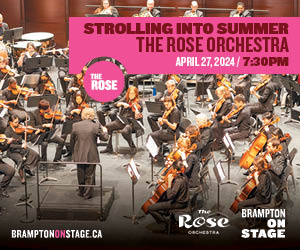Fanny Hensel: The Other Mendelssohn
by R. Larry Todd
Oxford University Press
454 pages, illustrations & musical examples; $49.50
IN 1842, FELIX Mendelssohn was received by Queen Victoria and Prince Albert at Buckingham Palace. After he performed for them on the piano, the Queen chose a song from his Op. 9 collection, “Italien,” for him to accompany her. “I was obliged,” he wrote in a letter home – quoted by R. Larry Todd in this fascinating biography of Mendelssohn’s older sister, Fanny Mendelssohn Hensel – “to confess that Fanny had written the song (which I found very hard, but pride must have a fall).”
Hensel wrote over 400 works, including songs, piano pieces, cantatas, concert arias, and a major string quartet. Yet few were published in her lifetime, even fewer under her own name. Performances were just as rare. It’s a situation that Larry Todd calls “one of the great injustices of music history,” though it is beginning to change, with publication and performances of her music, as well as excellent recordings like Toronto pianist Heather Schmidt’s recent disc.
As Todd explains, Hensel’s career as a concert pianist, conductor and composer could only be pursued in private, as an “ornament” to her life. It wasn’t just because she was a woman, but more because she was a wealthy upper-class woman – unlike, for instance, her friend Clara Schumann. Even Mendelssohn, who encouraged her composing, dissuaded her from publishing her music under her own name.
Hensel had a devoted and supportive husband, the painter and poet Wilhelm Hensel, and a loving son, named Sebastian Ludwig Felix after her three favourite composers. But her “symbiotic” relationship with her brother was the most complicated and significant one in her life. In 1847, at age 41, she died suddenly from a stroke. Six months later, Mendelssohn too died in the same way.
Todd, who teaches at Duke University, has specialized insight into Hensel and her extraordinary family, as well as the period, having written a major biography of Mendelssohn. The best thing about his book is the sensitive, meticulous way he looks at Hensel’s music and describes her distinctively imaginative and adventurous voice, making a persuasive case for it to be heard more frequently.



